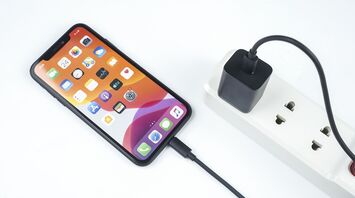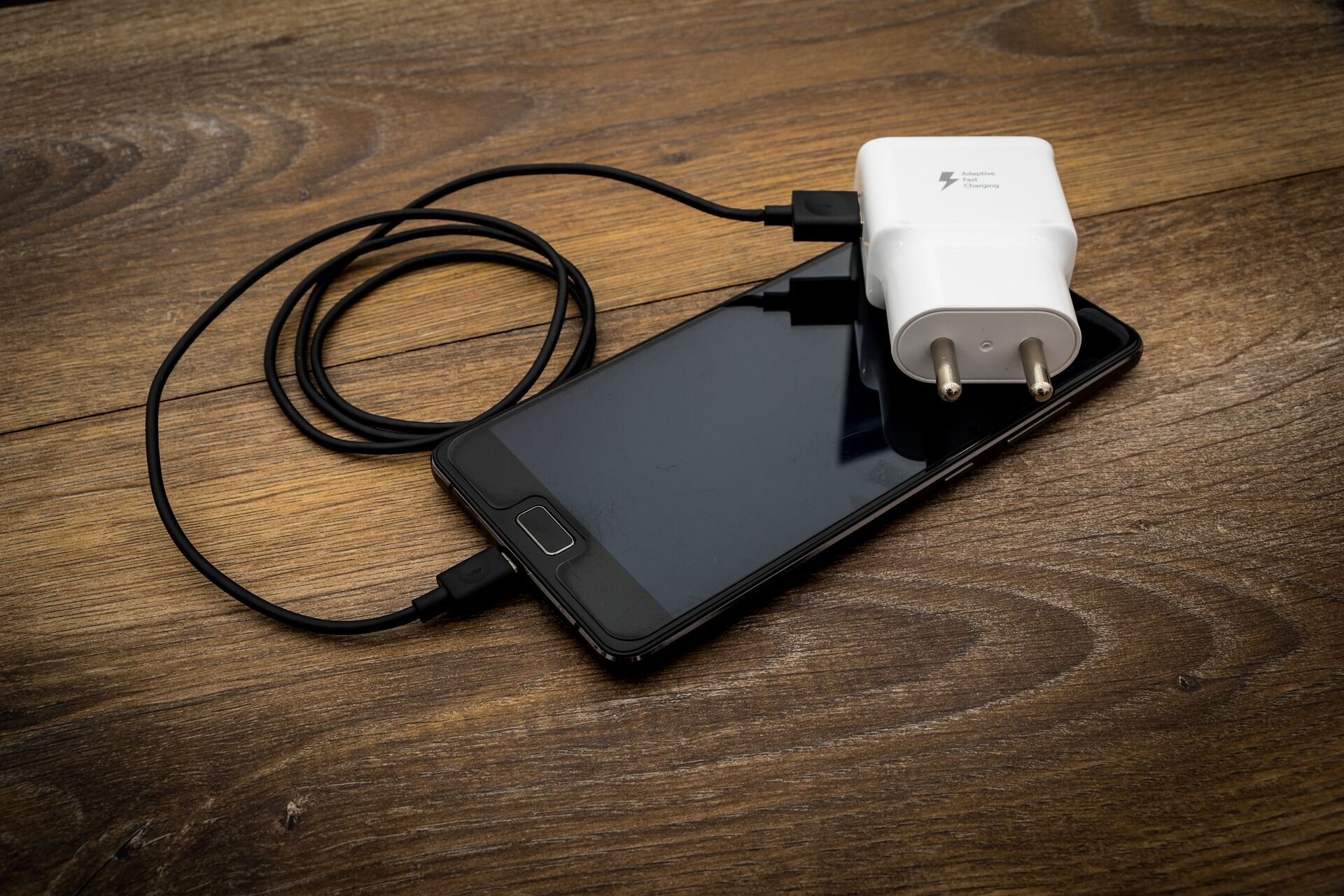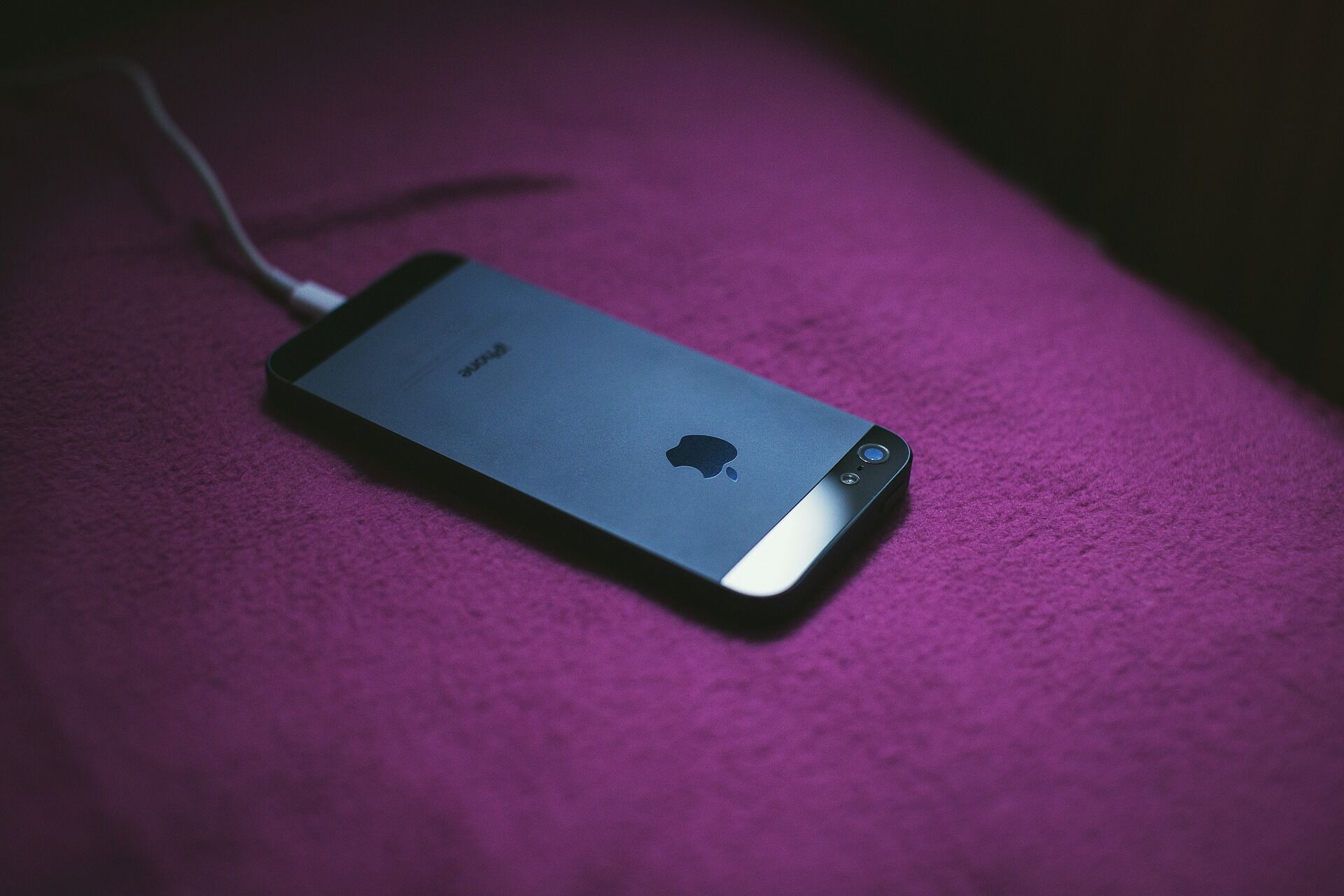Dangerous life hack: A piece of advice that could cost you your gadget and safety

When traveling, you may often find yourself without a charger, risking being left without a connection. In such cases, some bloggers suggest using popular laptop chargers to address this issue.
However, these seemingly helpful tips can significantly spoil a vacation and lead to financial difficulties for travelers. Huffington Post explains what is meant and why third-party USB ports can harm a device.
It should be noted that certain viral Instagram videos offering life hacks for travelers recommend using the USB port on the back of the TV in a hotel room to charge your phone or utilizing open spaces with free charging stations. However, cybersecurity experts, the FBI, and the Federal Communications Commission (FCC) of the United States strongly disagree. The agencies emphasize that only a charger and a USB cable powered by an outlet should be used to charge devices.
"Attackers have learned how to use public USB ports to introduce malware and monitoring programs to devices," stated the FBI office in Denver.
Thus, if you forget your charger at home or in a hotel while traveling, it is still better to consider other options than relying on public ports or the TV. It's easier to buy a charger and not worry about potential problems.

Why shouldn't you use a public USB port?
Chris Pearson, the founder and CEO of the digital security company BlackCloak, stated, "Any public device—whether it's a computer in a hotel business center, a TV in a hotel room, a public charging station, a public WiFi network, a Roku box in an Airbnb, etc.—is potentially dangerous because it's out in the open, and you don't know how secure it is."
Speaking of dangers, Pearson discusses the risks of spreading malware installed through a compromised USB port. This malware "can lock up a device or export personal data and passwords directly to an attacker. Criminals can use this information to access online accounts or sell it to other attackers."
Additionally, privacy advocate Paul Bischoff at Comparitech points out that it's impossible to know for sure whether the charging station is charging the battery or engaging in other activities. He emphasizes that, given this issue, "dedicated charging stations, such as those in airports and airplanes, should be a little more secure" and "monitored by a professional IT team working for the airport or airline, as opposed to an uncontrolled hotel TV that just happens to have a USB port."
How to take care of the security of your device and personal data?
Steven J.J. Weisman, a lawyer, author, and professor of criminal law at Bentley University, an expert on fraud, identity theft, and cybersecurity, emphasizes that most mobile phone manufacturers have improved the security of their phones. Therefore, consumers should always keep their software up to date.
"If you use an iPhone and decide to use a public USB charger, such as those found in airports and other places, watch the screen when you plug in your phone because if the USB charger has been compromised by malware, your phone will ask you if you want to trust the device," explained Weissman.

In this case, you should select "No" and immediately disconnect the phone from the network.
That's why it's better to have portable batteries with you when traveling and don't forget the power supply, relying on available charging points.



















